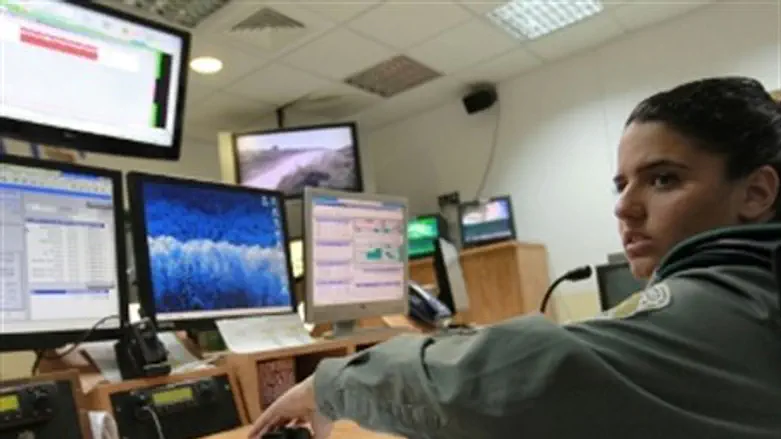
As hackers worldwide continue their assault against Israeli websites, a systems analyst explains what's happening and offers advice on how to avoid on onslaught.
The Israel Security Agency (Shin Bet) explained Monday the cyber storm against Israeli websites that began Saturday is continuing, but government and high-security sites are well protected. Private sites with minimal security have been temporarily disabled, according to security sources, although little or no significant damage has been reported to sites of national importance.
“As of noon Monday, the state of alert continues and the efforts and activity to prevent the cyber attacks that began Saturday night are ongoing,” the ISA said in a statement. Agencies responsible for cyber security have “managed to locate and prevent attacks aimed at harming many web sites and ISPs serving civilians,” the statement continued. “So far, the incidents are at a low level and have not caused any damage to web sites, civilian ‘e-government’ services or to the main communication firms. The sites which have been affected are generally private civilian web sites with a very basic level of security,” the agency explained.
Systems analyst and professional hacker “Daniel” explained to Arutz Sheva on Monday afternoon, why anti-virus software is largely useless against the focused attacks being directed against Israel.
“Anti-virus software scans every potentially harmful (i.e. executable) file for ‘known patterns’ of existing malware,” he said. “It’s basically a large database of patterns (‘signatures’), code-snippets which belong to a specific malware. The anti-virus software companies run so-called ‘honey pots’ to ‘fish’ for malware. These honey pots look like insecure Windows computers from the outset, and present the perfect victim for an automated victim for an automated infection by other already infected hosts on the Internet,” he said.
“However, every change made to that honey pot system is being documented and later on analyzed. The changes found will show how and what was done to the honey pot system, thus exposing the new malware in the ‘fisher net.’”
Daniel went on to explain that running up-to-date anti-virus software on vulnerable Windows computers is important – “but even more important is to keep the system secure in the first place. Anti-virus software can be compared to having a security guy patrolling around an open area – as sad as it is, if you want the place to be secure, you’ll need proper gates and fences – a secure architecture – without any wide open holes which are already well known out there.
“Either read up on vulnerabilities of the software versions you use, or if that’s too much, at least avoid the ten most vulnerable software products out there.”